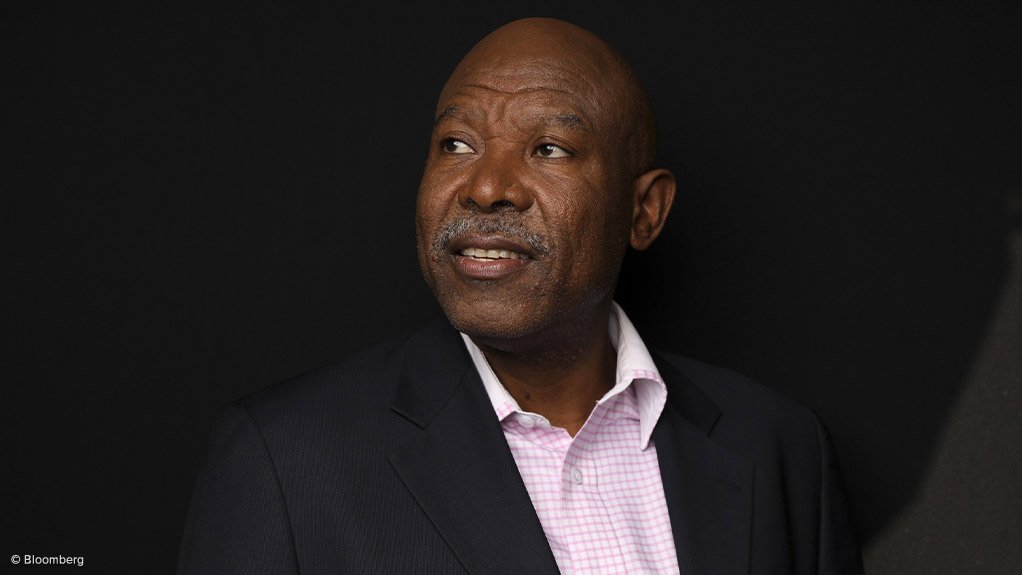South African central bank Governor Lesetja Kganyago welcomed the reappointment of Finance Minister Enoch Godongwana in the new coalition cabinet unveiled by the president this week.
“We still have the same minister of finance that we have been talking to, who has always been providing guidance and leadership on macroeconomic policy and that gives us comfort,” Kganyago said in an interview on Tuesday with Bloomberg TV at the European Central Bank Forum in Portugal.
The formation of the so-called government of national unity also provides reassurance to investors who had been concerned about what type of coalition would be formed in the wake of elections in May, he said.
The African National Congress, which had governed South Africa for three decades since the end of apartheid in 1994, lost its parliamentary majority for the first time in the May 29 vote. That forced the party to form a coalition government with rivals including the centrist Democratic Alliance and other smaller parties.
“The constitution of the Government of National Unity became positive, because there was a concern in the market about what kind of coalition would emerge,” Kganyago said.
The South African Reserve Bank has kept interest rates at 8.25% at each of its three monetary policy committee meetings so far this year amid uncertainty before the elections, which opinion polls showed being tightly contested.
The coalition has been cheered by investors who reckon the presence of opposition parties will help the new administration accelerate economic reforms, tackle poor state governance, and stoke investment and employment.
The governor also said that while there continue to be risks to the bank’s outlook for price stability — including geopolitics, the impact of the El Nino weather phenomenon on food costs, and oil prices — the central bank is maintaining its outlook that inflation will return to the midpoint of its 3% to 6% target range by the first half of 2025. It’s been above 4.5% for more than three years and the central bank expects inflation to average 5.1% this year.
“Policy is still very much focused on on price stability, and we actually expect that we will be back within target in the first half of 2025,” Kganyago said. “We are more confident now that we are getting back to target.”
EMAIL THIS ARTICLE SAVE THIS ARTICLE
To subscribe email subscriptions@creamermedia.co.za or click here
To advertise email advertising@creamermedia.co.za or click here











